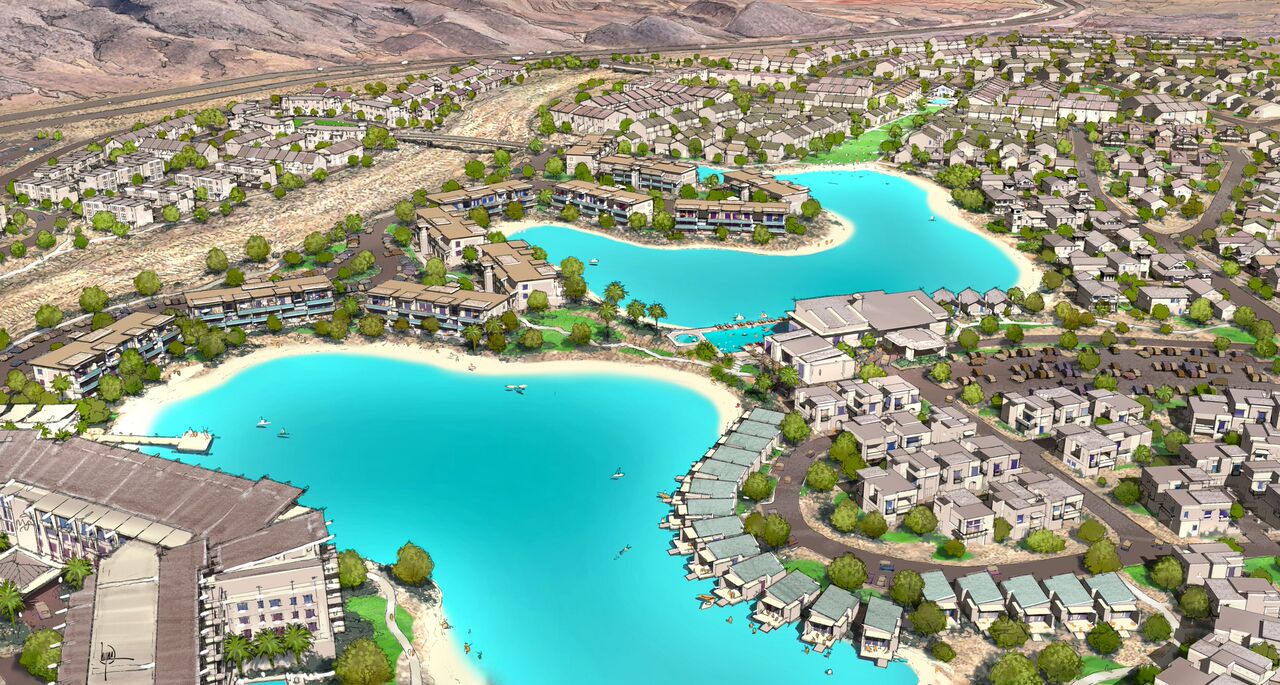
ST. GEORGE — With the price of land only projected to go up, a Utah state senator is proposing legislation that makes it a policy to consider leasing state land when prospective buyers express interest.

“It came to my mind that we need to do something about this when all of the developers swept down onto the state prison,” Sen. Gene Davis, D-Salt Lake City, said. “I got to thinking, why would we sell that land when we could lease it? We could have a long-term investment out there.”
Davis is sponsoring the Sale of State Land Act, designated in the 2018 Utah Legislature as SB 52.
Whenever state land is up for sale, the legislation would require the state to determine if the sale or transfer is in the public interest and whether a lease of the land would not be as beneficial to the public interest as selling it.
“Not only do we have this in perpetuity, but also it becomes monies under the general fund,” Davis said. “It wouldn’t be one-time money – it could be ongoing money.”

The policy would not apply to school and institutional trust lands or land owned by the Utah Department of Transportation and other select political entities.
Southern Utah Sen. Ralph Okerlund, R-Monroe, said he is not against the idea of looking at leasing first but said the bill needs clarification on what does not constitute state land.
While Davis’ initial proposal would have made it a preference to lease state land over selling it, during a Senate floor hearing Monday, senators who initially disagreed with the bill said they would be more agreeable if it simply stated that leasing be considered rather than preferred.
Leasing land would likely be targeted toward commercial developments rather than residential, Davis told St. George News, adding that leasing would still allow for a basic property tax on the land.
Less property would have to be condemned, Davis said, and leaving land in the state’s hands under leaseholds would make it available for future government projects without having to buy it back at a premium.
Local municipalities, private property owners and other state agencies such as the State Institutional Trust Lands Administration, or SITLA, already typically make it a policy to lease land when possible, Davis noted, adding that many government institutions operate on land leased by private owners, such as liquor stores and the Division of Motor Vehicles.
“You take a look at St. George,” Davis said, “there’s still a lot of desert out there to be developed, but at the same time when you get into downtown St. George, there’s not a lot of land left that’s not in private hands.”
Outside of St. George’s city center, large swaths of land are currently owned by SITLA, such as several thousands of acres of undeveloped land in the city’s South Block.

With plans moving forward to develop the land in the South Block already in progress, SITLA will use a combination of both selling and leasing the land, said Brooke Cole, project manager of Clyde Companies’ Desert Color development.
Read more: Officials hear plans for massive development at city’s southern end
Several parts of the bill are still being debated as the proposed legislation awaits additional consideration on the Senate floor. Proposed amendments include clarifying what constitutes state land, removing requirements for buyers to go before the Legislative Management Committee and removing language indicating that leasing is preferred.
The proposed legislation is unlikely to result in any additional expenditures for the state if enacted, according to an analysis of the bill by Ivan D. Djambov.
Resources
- Read the bill: Utah 2018 SB 52 – Sale of State Land Act
- Contact legislators
- Bill sponsor: Gene Davis
- Southern Utah Sens. Evan Vickers, Don Ipson, David Hinkins and Ralph Okerlund | Listing of all senators.
- Southern Utah Reps. Bradley Last, V. Lowry Snow, Walt Brooks, John Westwood, Merrill Nelson and Michael Noel | Listing of all members of the House of Representatives.
Read more: See all St. George News reports on Utah Legislature 2018 issues
Email: [email protected]
Twitter: @STGnews
Copyright St. George News, SaintGeorgeUtah.com LLC, 2018, all rights reserved.
Hell, just sell it all to China…”>)